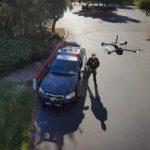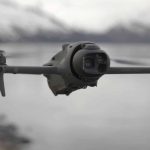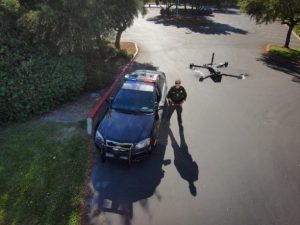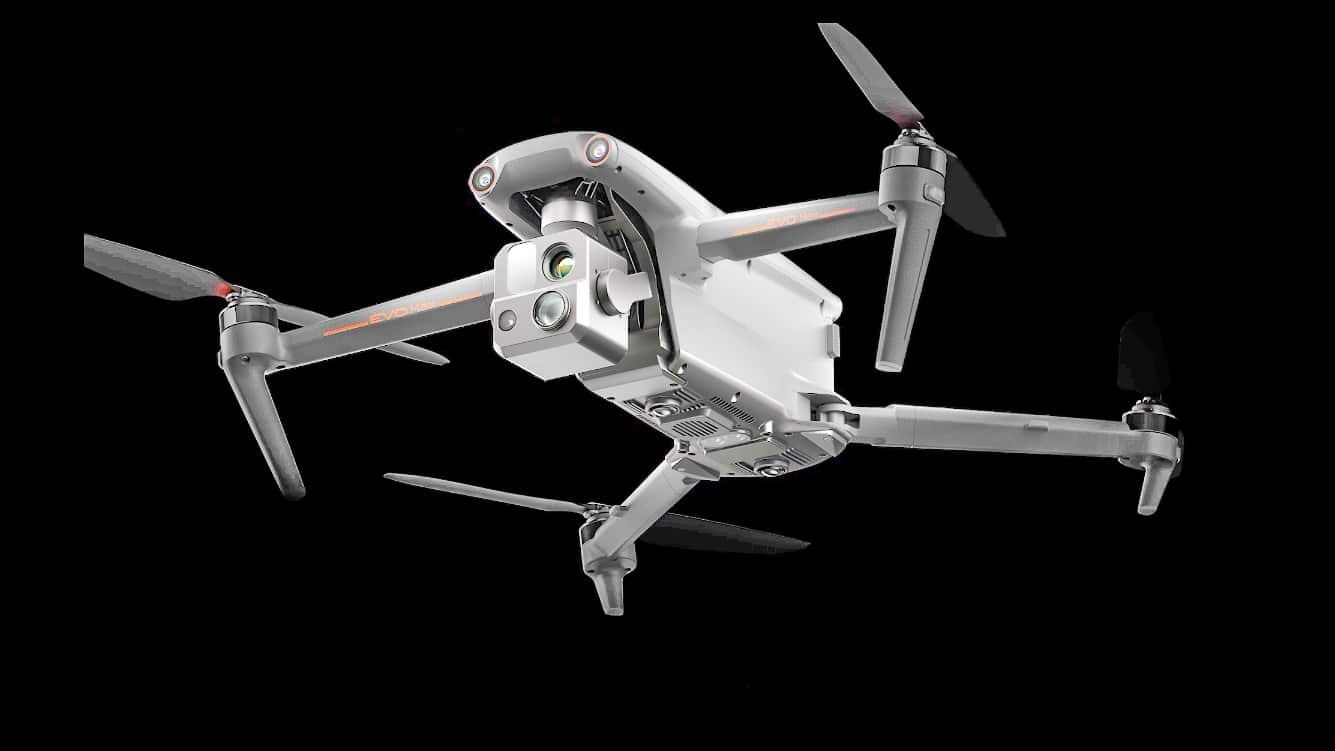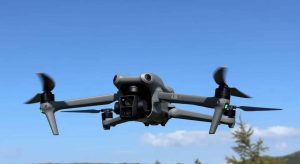Lawmakers Urge Rapid Review of Chinese Drone Giants: A Comprehensive Look at the Debate
In July 2025, the U.S. drone sector found itself at the center of a political storm. Prominent legislators have urged the Office of the Director of National Intelligence (ODNI) to speed up a review of major Chinese drone manufacturers, notably DJI Technologies and Autel Robotics, both leading players in the American market.
Understanding the Review’s Urgency
The core of this push is embedded in national security concerns. Lawmakers fear that Chinese drones may facilitate espionage, data breaches, or cyber sabotage, deeming these risks to U.S. security and citizens as intolerable.
Legislators driving this initiative include Elise Stefanik (R-NY), Rick Crawford (R-AR), and John Moolenaar (R-MI), all demanding the ODNI complete their review within a month. This urgency coincides with a June 2025 executive order by President Trump, which prioritizes domestic drone progress while reducing foreign influence.
Legal and Regulatory Backdrop
Several legal factors underpin this review: the 2025 National Defense Authorization Act (NDAA), the FCC’s Covered List, and the President’s executive orders. The NDAA requires drone companies linked to the Chinese Communist Party to be listed by the FCC unless cleared by national security agencies. Meanwhile, the executive order emphasizes domestic drone technology integration and secured supply chains.
ODNI’s role is pivotal, possessing the authority to consolidate a comprehensive threat assessment, which will determine DJI and Autel’s market fate in the U.S.
Industry Implications If Blacklisted
If DJI and Autel face blacklisting, they risk losing FCC licenses, fundamentally crippling their U.S. operations. This action could significantly impact multiple sectors:
- Commercial Industries: Sectors like construction and real estate heavily depend on DJI drones.
- Agriculture: A potential 90% reduction in spray drone supply could disrupt agricultural productivity.
- Hobbyists and Professionals: Affordable, high-quality drones from the U.S. and Europe are scarce.
- Public Safety: Many emergency services rely on DJI drones for critical operations.
In contrast, if these companies are cleared, they will continue operations under heightened scrutiny.
The Broader Security Debate
Concerns about foreign surveillance, drone manipulation, and supply chain dependability are at the forefront of this debate. DJI, in response, denies allegations and advocates for a fair review process, emphasizing their commitment to data security.
Voices from the Field: Diverse Impacts
Various stakeholders have voiced their concerns:
- Farmers: An abrupt ban could threaten crop yields and farmer livelihoods.
- Emergency Services: Agencies could face increased costs and operational challenges without DJI technology.
- Small Businesses: Entrepreneurs might struggle to sustain operations without affordable foreign drone options.
Global Technology Competition
The conflict is a reflection of broader U.S.-China tech rivalry, with drones representing a critical intersection of commerce and security.
Possible Future Scenarios
- Risk Confirmation: DJI and Autel may face FCC blacklisting, provoking market upheaval.
- Temporary Clearance: Allows continued operation with additional regulatory demands.
- Indecision: Could result in default FCC listing, triggering legal disputes and market disorder.
Practical Advice for Stakeholders
Businesses and policymakers should prepare for all outcomes, explore alternate suppliers, and consider incentives for local innovation.
Conclusion and Outlook
This ongoing review could redefine DJI and Autel’s roles in the U.S. market, posing significant implications for technology sovereignty and economic interdependence. As the deliberations progress, outcomes will likely influence the future landscape of drone innovation and leadership.
For a deeper dive, see the Original Article.



